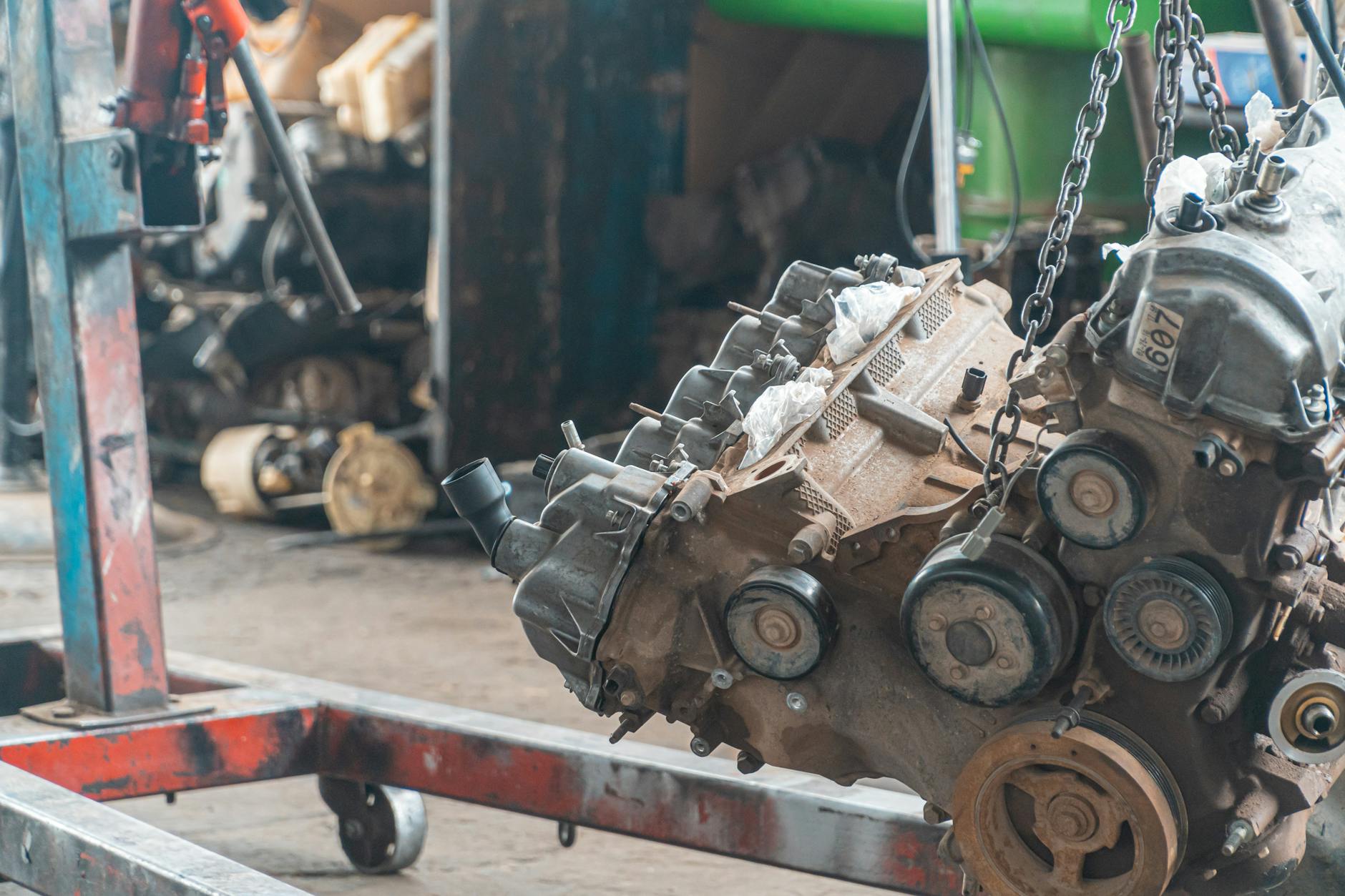From Engine to Alignment: Comprehensive Car Care Solutions for Peak Performance

Importance of Regular Maintenance
The Role of Diagnostics and Repairs
When your vehicle starts showing signs of trouble, prompt diagnostics and repairs are crucial. Whether it's dealing with engine issues, transmission problems, suspension concerns, or electrical malfunctions, seeking professional help can save you time and money in the long run. Skilled mechanics use advanced diagnostic tools to identify and address issues effectively.
In conclusion, prioritizing comprehensive car care solutions, from regular maintenance to diagnostics and repairs, is key to achieving peak performance and longevity for your vehicle. By staying proactive and addressing issues promptly, you can avoid costly repairs and enjoy a smooth driving experience.
FAQs
1. How often should I get an oil change?
3. What are the signs that my brakes need attention?